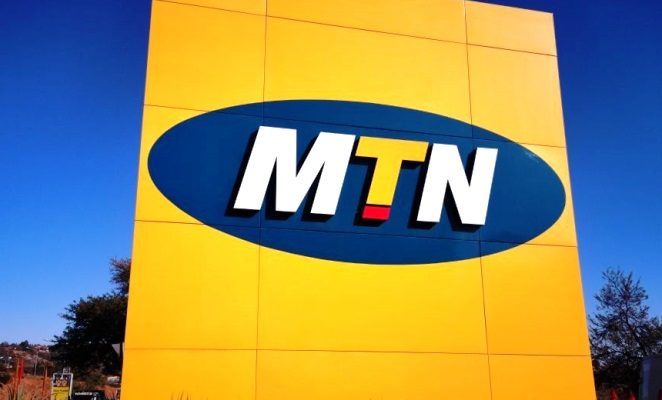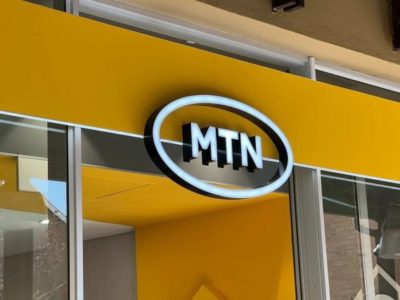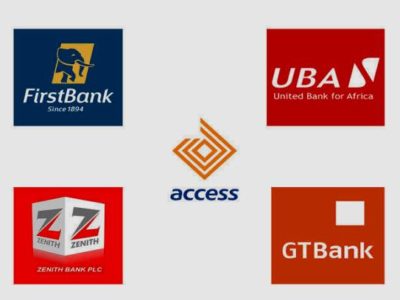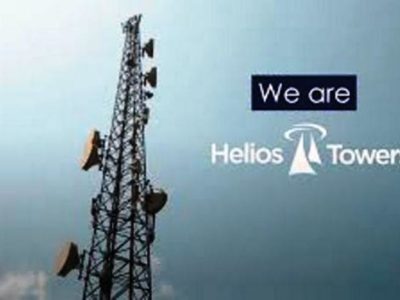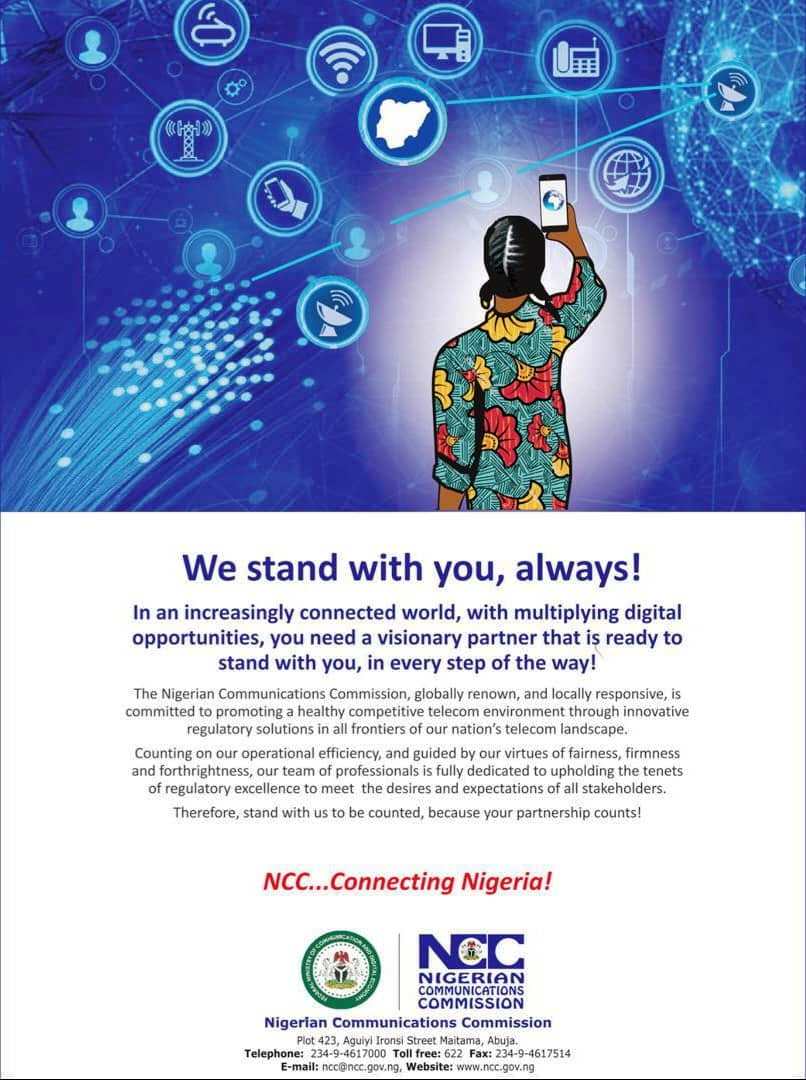MTN Ghana Plans Gradual 2G/3G Shutdown
MTN Ghana has confirmed that it will adopt a phased approach in shutting down its 2G and 3G networks, ensuring subscribers have sufficient time to migrate to newer technologies such as 4G and 5G.
RELATED: Why poor quality of telecom services still persists
Speaking at the Digital Africa Summit in Accra, Stephen Blewett, Chief Executive Officer of MTN Ghana, emphasized that the transition will be managed carefully to balance technological progress with the needs of millions of users who still rely on older networks.
The Current State of 2G and 3G in Africa
Across Africa, 2G and 3G networks remain dominant, covering the majority of the population. As of 2024, 2G coverage reached 90% of Africans, while 4G adoption continues to lag due to cost barriers and limited access to affordable smartphones.
Countries such as South Africa and Nigeria have already begun winding down older networks to create space for advanced 4G/5G spectrum expansion. However, complete shutdowns are expected to be gradual, as many rural and low-income communities continue to depend on these essential services.
- 3G penetration in Nigeria: 7.4% (February 2024)
- 3G penetration in South Africa: 4.3% (February 2024)
Why Customers Stay on 2G and 3G
According to Blewett, the persistence of 2G and 3G use is driven by two main factors:
- Device limitations — Many subscribers still own feature phones or handsets that are not 4G-enabled.
- Cost management — Some customers intentionally remain on older networks to control their data consumption.
“Despite the widespread availability of 4G, a lot of our customers are still on 3G. For some, it is about managing their data consumption, while others are constrained by devices that cannot support 4G,” Blewett noted.
MTN’s Long-Term Vision: Spectrum Efficiency and 5G Readiness
MTN Ghana’s long-term plan is to improve spectrum efficiency by eventually switching off 2G and 3G networks. However, the telco insists that the process will be gradual, giving subscribers the opportunity to transition seamlessly.
As Ghana looks to the future of digital transformation, MTN’s strategy reflects broader industry efforts to balance technological upgrades with inclusivity, ensuring no communities are left behind in the shift to 4G and 5G connectivity.

